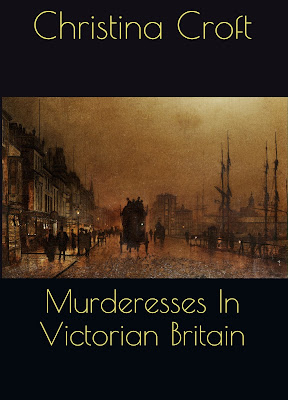On July 24th 1905, the Kaiser and the Tsar met aboard the Kaiser's yacht to sign the Treaty of Bjorko, agreeing to come to one another's aid if either country were attacked by more than one power. Unfortunately, the Russian ministers declared the treaty was not binding...From '
The Innocence of Kaiser Wilhelm II':
"To avoid speculation or outside interference, the Kaiser and the Tsar arranged an apparently informal meeting aboard Wilhelm’s yacht, Hohenzollern, which would be cruising the waters around Finland when the Tsar was in the area. On a warm Sunday evening, 24th July 1905, in the company of a two diplomats – one German and one Russian – and an Admiral of the Russian fleet, Nicholas and Wilhelm signed the Treaty of Bjorko.
Wilhelm returned home ecstatic about what he had achieved and, two days later, he wrote to Nicholas, thanking him effusively for the pleasure of his company and assuring him that the alliance would:
‘…restore quiet in the minds of people and confidence in the maintenance of Peace in Europe and encourage financial circles in foreign countries to place funds in enterprises in Russia.’
His joy, alas, was short-lived.
As soon as Nicholas presented the treaty to his horrified ministers they told him that, without France’s agreement, it could never be ratified and was therefore meaningless. Aghast at the news, Wilhelm, in a moment of rage, told the Tsar that their vows had been made before God and were therefore too sacred to be broken. His rant achieved nothing, but their friendship remained intact, and, in their continuing correspondence, both agreed that they should stand together against the machinations of ‘the Arch-intriguer and mischief maker in Europe’ – Nicholas’ description of King Edward VII."




















